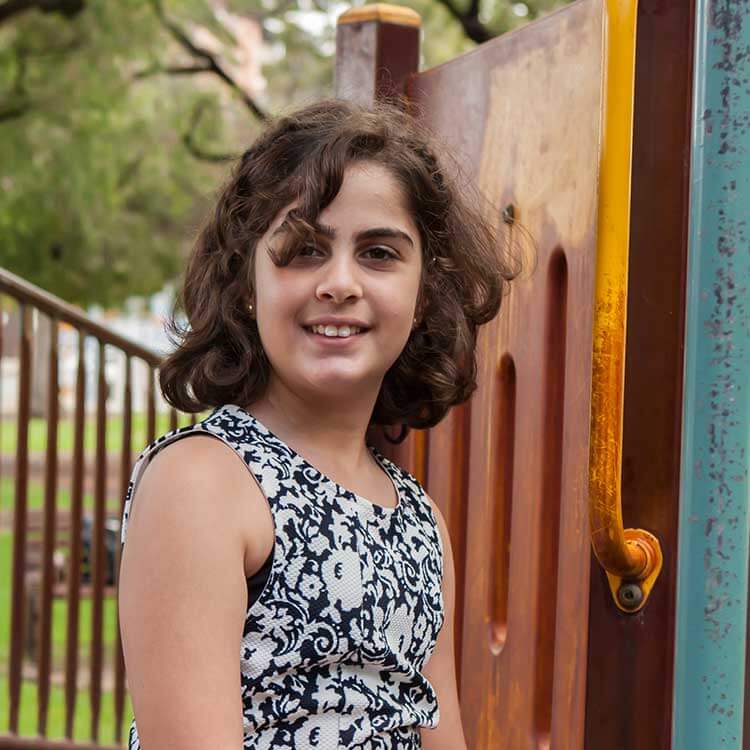Search
Research
Cellular and molecular changes to cortical neurons following low intensity repetitive magnetic stimulation at different frequenciesA systematic comparison of the cellular and molecular changes in neurons in vitro induced by low intensity magnetic stimulation at different frequencies.

The aim of the Translational Intelligence team is to understand how individual bases in our genome predispose, alter and interact in normal and disease contexts.
Research
Trends in prenatal diagnosis of congenital anomalies in Western Australia between 1980 and 2020: A population-based studyAdvances in screening and diagnostics have changed the way in which we identify and diagnose congenital anomalies.
Research
Hospitalizations from Birth to 28 Years in a Population Cohort of Individuals Born with Five Rare Craniofacial Anomalies in Western AustraliaTo describe trends, age-specific patterns, and factors influencing hospitalizations for 5 rare craniofacial anomalies.
Research
SAMStat 2: quality control for next generation sequencing dataSAMStat is an efficient program to extract quality control metrics from fastq and SAM/BAM files. A distinguishing feature is that it displays sequence composition, base quality composition and mapping error profiles split by mapping quality. This allows users to rapidly identify reasons for poor mapping including the presence of untrimmed adapters or poor sequencing quality at individual read positions.
Research
CD4+ T cells drive an inflammatory, TNF-α/IFN-rich tumor microenvironment responsive to chemotherapyWhile chemotherapy remains the first-line treatment for many cancers, it is still unclear what distinguishes responders from non-responders. Here, we characterize the chemotherapy-responsive tumor microenvironment in mice, using RNA sequencing on tumors before and after cyclophosphamide, and compare the gene expression profiles of responders with progressors.
Research
Association between craniofacial anomalies, intellectual disability and autism spectrum disorder: Western Australian population-based studyAccurate knowledge of the relationship between craniofacial anomalies (CFA), intellectual disability (ID) and autism spectrum disorder (ASD) is essential to improve services and outcomes. The aim is to describe the association between CFA, ID and ASD using linked population data.
Research
An expanded phenotype centric benchmark of variant prioritisation toolsIdentifying the causal variant for diagnosis of genetic diseases is challenging when using next-generation sequencing approaches and variant prioritization tools can assist in this task. These tools provide in silico predictions of variant pathogenicity, however they are agnostic to the disease under study. We previously performed a disease-specific benchmark of 24 such tools to assess how they perform in different disease contexts.
Research
Epidemiology of Hospital Admissions for Craniosynostosis in Australia: A Population-Based StudyTo describe trends, age, and sex-specific patterns of population hospital admissions with a diagnosis of craniosynostosis (CS) in Australia. Population data for hospital separations (in-patient) from public and private hospitals (July 1996-June 2018) were obtained from the publicly available Australian Institute of Health and Welfare (AIHW) National Hospital Morbidity Database.
Research
Innovation in Informatics to Improve Clinical Care and Drug Accessibility for Rare Diseases in ChinaIn China, there are severe unmet medical needs of people living with rare diseases. Relatedly, there is a dearth of data to inform rare diseases policy. This is historically partially due to the lack of informatics infrastructure, including standards and terminology, data sharing mechanisms and network; and concerns over patient privacy protection.
